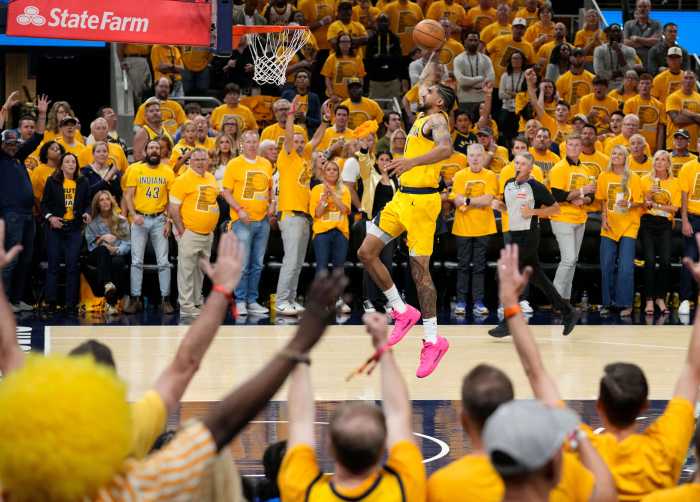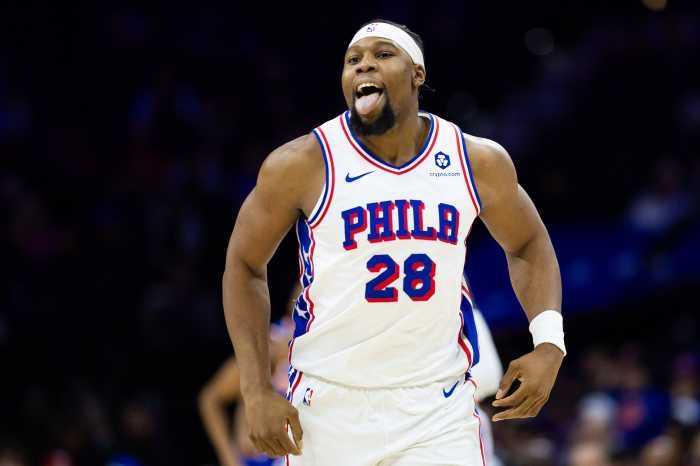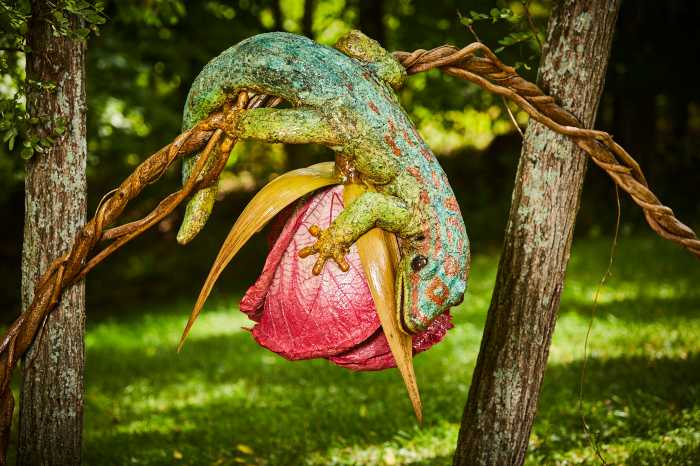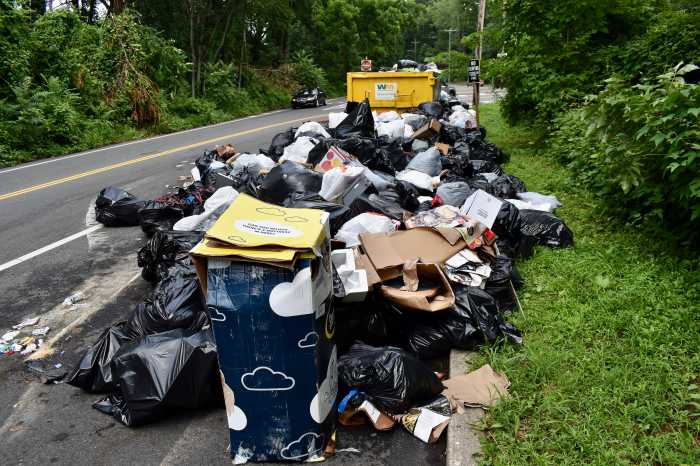For a third year in a row, it seems that the Philadelphia 76ers‘ Joel Embiid will be narrowly edged out for the NBA’s MVP award and through no fault of his own, but rather, the implied strength of his fellow Sixers.
The Evolution of the NBA’s MVP Award
The NBA’s Most Valuable Player award is the most prestigious distinction that an individual can hope to achieve throughout his career. That being said, the narrative around the honor has shifted throughout the different era of the league, as has how the media and, more specifically, the voters have defined the word valuable. In the past, the MVP was often awarded to the best player on the league’s most winningest team, but recently, it hasn’t been that simple.
As the talent level and distribution in the league changed, and it became increasingly clear that one or two superstars with a subpar supporting cast likely wouldn’t get the job done when it came to competing for a title, the first-overall seed could no longer be a dependable marker for the NBA’s Most Valuable Player. While star power was still the foremost indicator for a team’s chances in the postseason, plenty of examples came about of squads that maybe fell behind in terms of individual talent but whose cohesive parts led to regular season dominance, such as the 2014-15 Atlanta Hawks and the 2017-18 Toronto Raptors.
Neither of those teams had a worthy MVP candidate but rolled through the regular season en route to the first-overall seed in the Eastern Conference before flaming out in the playoffs to LeBron James. In this new era of the NBA, there have been several MVPs dubbed that weren’t on the league or even their conference’s best team, most notably Russell Westbrook in 2016-17, who willed his Oklahoma City Thunder to the sixth seed in the West despite his second-leading scorer being Victor Oladipo with just 15.9 points per game.
That year officially made the distinction that the MVP award should go to the player who most elevates his team, a.k.a. the star who affects his team’s ability to win the most. Since then, two other years saw the honor go to a player who didn’t helm the first seed in his conference, both of which went to the Denver Nuggets’ Nikola Jokic the past two seasons.
The Logic Behind Nikola Jokic’s 2021-22 MVP
The main argument for Nikola Jokic winning the MVP award over Joel Embiid, especially last season in 2021-2022, was that the Joker was able to do slightly more with a lot less, and the advanced stats backed this logic. After all, Embiid and the Sixers only won three more games than the Jokic-led Denver Nuggets, despite featuring secondary options such as James Harden, Tobias Harris, and Tyrese Maxey.
Jokic getting to 48 wins sans Jamal Murray and Michael Porter Jr. was far more impressive than Embiid toiling through the Ben Simmons saga in the eyes of voters, and it was a fair argument to be made, even though a deeper dive into the numbers tells a different story. According to StatHead, the Sixers only had one lineup that played over 50 total minutes in the 2021-2022 season that didn’t include Embiid and finished a net positive. That configuration featured Shake Milton, Matisse Thybulle, Furkan Korkmaz, Georges Niang, and Andre Drummond, and finished a +27 in 67 minutes played.
The Nuggets also had one lineup of the same manner that didn’t include the Joker, a five of Bones Hyland, Bryn Forbes, Austin Rivers, Jeff Green, and DeMarcus Cousins. That group put up a +32 in 113 minutes. It seems that Denver Head Coach Mike Malone had a more reliable fix he could turn to when Jokic was off the court than Sixers Coach Doc Rivers had when Embiid was taking a breather.
Somehow this season, the supporting cast argument is stacked even further against Embiid. After all, he still has Tobias Harris — a max player — and Tyrese Maxey — an up-and-coming star — but now also has a full season of James Harden and no Ben Simmons drama to navigate through.
Any team success that the Sixers have over the Nuggets at the end of the season will likely be accredited to Philadelphia’s supposedly stronger supporting cast, and the advanced numbers such as VORP and RAPTOR prove the Joker’s case for MVP again. At least that’s what the media thinks, according to ESPN’s Tim Bontemps, whose recent straw poll showed that voters currently have 77 first-place votes going to Nikola Jokic with only 11 going to the second-place Giannis Antetokounmpo and a paltry six nods to Joel Embiid in third.
It’s clear that the supporting casts of each player is the main driver for these votes, as Jayson Tatum — who spent the majority of the first chunk of the season atop the MVP ladder — has fallen to fourth despite his team holding the best-overall record, as the Boston Celtics have thrived with or without the former Duke Blue Devil on the court.
Comparing the Supporting Casts of Nikola Jokic and Joel Embiid
While some advanced stats and certainly the idea of household names point again to Nikola Jokic as the most deserving MVP candidate, other numbers and the eye test prove differently.
For example, the Nuggets have six players averaging double-digit points this season not named Nikola Jokic, although one of them has been shipped off in Bones Hyland. Comparatively, the Sixers only have four double-digit scorers outside of Joel Embiid, including De’Anthony Melton, who’s just barely cleared the threshold at 10.7 points per game.
Comparing the supporting casts head to head also favors Embiid’s case. Between their respective “Robins,” the edge has to go to former MVP James Harden over Jamal Murray, whose growth as a star was severely stunted due to a torn ACL. After that, though, the Nuggets hold the depth advantage over the Sixers.
Aaron Gordon has arrived this season, rebuilding his star buzz, albeit in a different sense from what the Orlando Magic thought they’d be getting when they drafted him fourth overall in 2014. AG has been one of the most dominant defensive players in the league, counterbalancing the Joker’s deficiencies on that end of the court as an elite roamer and weakside shot blocker.
He’s maintained his defensive excellence while taking a step forward on offense, averaging over 17 points per game this season while hitting on 58 percent of his field goals and a pristine 38 percent of his 3-point looks. Whether Tyrese Maxey or Tobias Harris is considered the Sixers’ third-best player, the edge clearly goes to Gordon, who built a dark-horse case for an All-Star bid, something that certainly couldn’t have been applied to either Maxey or Harris.
Then, the Nuggets still have Michael Porter Jr., who has returned to being one of the most dangerous and efficient scorers in the league, stroking over 40 percent of his triples on nearly six attempts per game en route to over 17 points per outing. He’s done this while taking strides on defense, particularly as a positional help defender, sealing off driving lanes with his size and length. He’s clearly the superior option over Tobias Harris, and while Maxey may be the better player at the moment, the speedy guard has been relegated to a sixth-man role due to the Sixers’ subpar roster construction.
After that, each team’s depth leans heavily in favor of Denver. Bruce Brown, Kentavious Caldwell-Pope, Bones Hyland/Thomas Bryant, Jeff Green, Christian Braun, and Zeke Nnaji provide a much more complete and sensible supporting cast than De’Anthony Melton, P.J. Tucker, and the Sixers’ smorgasbord of one-way wings and subpar backup big men. Even with Jalen McDaniels’s arrival and Paul Reed’s emergence, no one could logically craft an argument that Philadelphia’s bench is better than Denver’s.
While the Sixers’ names are certainly more recognizable, Joel Embiid can only work with what’s in front of him: a roster that’s shoehorned a max-contract scoring wing like Tobias Harris into a glorified 3-and-D role and an up-and-coming lead guard like Tyrese Maxey into a sixth-man. Embiid shouldn’t be punished for his front office’s sin of prioritizing talent over fit and the numerous other questionable decisions they’ve made in rounding out the rest of the roster, such as failing to acquire a reliable backup big and playmaker.
In the same vein, Jokic shouldn’t be continually rewarded simply because of the Nuggets brass’s refusal to find him a viable understudy — hopefully, Thomas Bryant’s presence can prove that the Joker’s VORP and RAPTOR are more indicative of DeAndre Jordan’s uselessness than Jokic’s excellence.
In the end, Nikola Jokic could wind up being the most deserving candidate for the MVP award. He’s currently putting up astronomical numbers while leading the Nuggets to the first seed in the West; three wins ahead of the Sixers at the All-Star break. But if Joel Embiid can lead Philadelphia to a better finish than Denver, there’s no argument that the Joker should be the MVP over him. Embiid’s impact is much more palpable on both ends of the court, and he’ll have taken arguably the worse team to loftier heights. Let’s hope the voters take this into consideration.




























